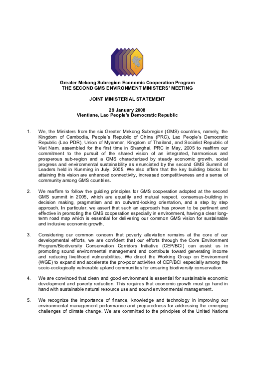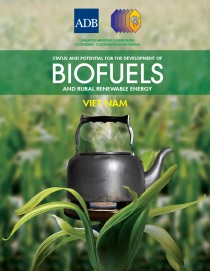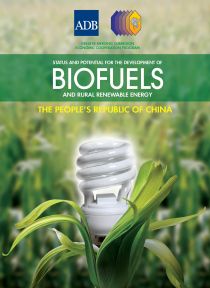
My Mekong
At the core of the Mekong region are the 320 million people who share a common culture and are nourished by the same great river. More connected than ever before, lives are changing as the meaning of community expands beyond borders. The photographs in My Mekong take us into the heart of that community, as seen through the eyes of its young people.









